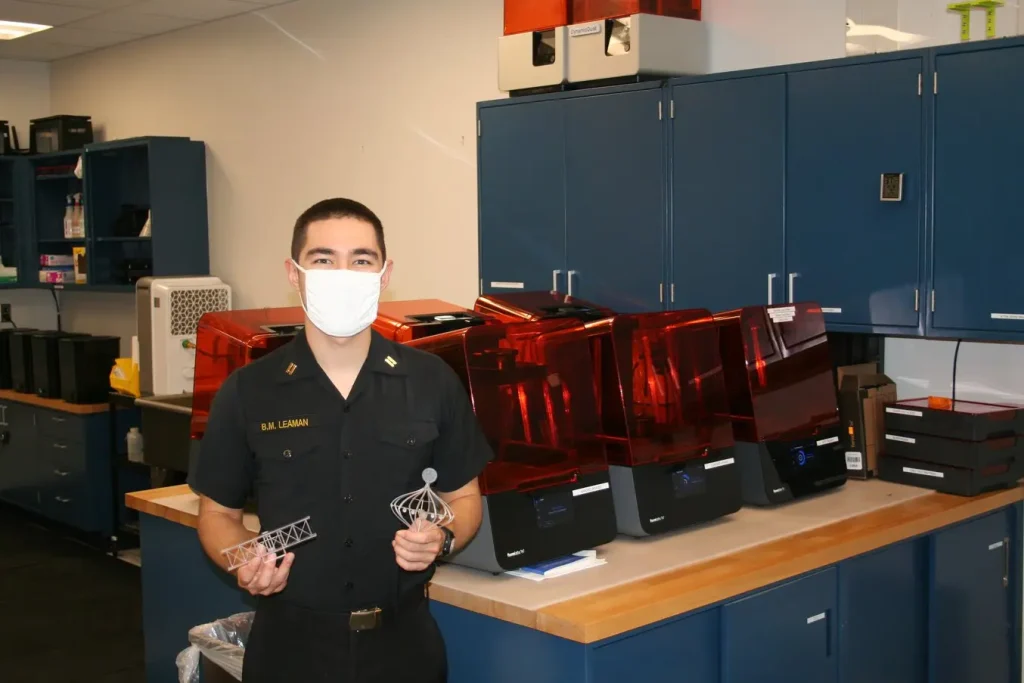Questions for publishing:
- Link to video to embed? Photos to use of them together? Maybe I can take some screen grabs from the video?
- Any facts / stats on Fuze?
- Any reason specifically why we did this interview (what was the aim) – for the intro.
- Do we have a bio of Steve / Colin? There is one on the Fuze website for Colin, but not for Steve.
What’s it like when your company is growing so quickly that you need to hire a new CEO to work alongside you, the founder? According to Steve Kokinos, co-founder and now Executive Chairman of Boston-based Fuze, it’s a process – not a problem.
Fuze is a global cloud communications and collaboration software company connecting the digital workfoce. Founded in Massachusetts in 2006, the organization, which recently relocated from Cambridge to Copley Square, is rapidly (and successfully) expanding; in 2018, it was named a Forbes Cloud 100 Company for the third consectuive year.
MassTLC recently sat down with Steve and Colin Doherty, the man ultimately hired to take over the reigns of Fuze as CEO, to learn more about the company’s incredible growth. We discussed everything from the evolution of their relationship over time, Fuze’s target market, growth, talent, and more.
Keep reading for highlights from our chat, and watch the full video interview, below.
—
On the decision to bring in a new CEO:
MassTLC: How did you know it was time to bring in a new CEO? Was that a difficult decision? Was it a long process in terms of getting your mind in the right place?
Steve: It was a process. As companies grow, they go through different phases. If you look at the hyper-growth we went through between 2013 and 2016/17, you know, effectively, every year, it was a new company. I think we felt that there was a real need to bring in folks that had operational experience and understood how to scale the business. So it wasn’t really a hard decision. I think finding the right person that would come in and fit with the culture here and really help drive things forward was important to us.
MassTLC: And was it a difficult decision for you to come into a situation where the former CEO was going to still be involved on a day-to-day basis? Did you have any qualms about that?
Colin: No. I mean, look, Steve deserves a lot of credit here. The company was doing very well. He’s a serial entrepreneur. I’m a serial operator. That’s the way it balances out. We just needed to get scale with growth as opposed to just growth. I’m Boston-based, have been for many years. I knew of the company, I understood the market space. It was a really attractive opportunity. And so, no, it wasn’t a difficult decision to say, “Yeah. This is what I wanna do.”
On dividing responsibilities and the evolution of working together over time:
MassTLC: How do you divide your responsibilities? He’s an entrepreneur, you’re an operator. How does the lines work in the day-to-day?
Colin: Steve spends more time with investors, market, pitching. Customers, large customers globally, often wanna see the founder and wanna understand why the company grew, what was the initial construct, where it is today, and what’s the strategy and the vision moving forward. I spend more time doing partly that, but also trying to structure and scale the growth of the company. You know, move from direct models to indirect models, look at how we are scaling geographically, and look at what markets we are going after, and just how we are scaling the company in general from an operational, profitability and growth standpoint.Those two things balance out pretty well.
MassTLC: Have you noticed sort of an evolution of your relationship over the past year or so soon as you started to work together?
Colin: That’s a really good question. I’ve never asked him and he’s never asked me. But why don’t you take a pitch at that?
Steve: Seems like a video confessional here. Look, we have a great relationship. I think we largely naturally gravitate toward different things. I’m happy focusing on more outward-facing activities and strategic direction. I think Colin has done a great job running the business and taking on a lot of the changes and improvements that we had to make as we continued to scale. It’s real pretty easy relationship overall.
Colin: Steve is a big picture guy. I’m not like a super detailed guy, but I put in more detail than Steve, which is the right way to be. Big picture is for Steve, and I’m more on the detail and scale side. It’s pretty good balance.
On challenges for the evolving organization:
MassTLC: What are some of the challenges for the organization as a whole?
Colin: These challenges are what I call micro-challenges i.e. internal diffuse. The market challenges for us are all really tail links. People are converting from on-prem, old reliant hardware to cloud. People want to get away from hardware, software. They’re moving from on-prem to cloud. The wanna scale on a platform as opposed to old sort of tools that nobody really uses. All of those things are accelerating forces for us in the market, which is great. But then you have a sales force internally, the ones who run after everything. And you can’t boil the ocean. You have to be targeted around what you are focused in on, execute in different markets.
Colin: We don’t need to be in every market in the world, we don’t need to be in every country in the world. We just need to be able to execute on profitable deals that we can scale. The opportunity is so wide, you need to narrow the focus and just say, “Let’s go do what we can close in the next 90 days and build four or five pipe.” We’re seeing much higher productivity on our sales reps, much higher funnel, better quality funnel, better quality deals, and signing the right companies that can scale with the Fuze portfolio. In many companies you go to today, you are looking for opportunity. That’s not the problem or a challenge that we have. Our challenge is to focus within that opportunity set because the market is so large.
On the impact and potential of emerging technologies:
MassTLC: As you are looking ahead, are there emerging technologies that are impacting the business or that you are really excited about that are gonna change your offerings?
Steve: Artificial intelligence, that’s obviously a big theme. Whether it’s a force for good or evil in the world, I guess it remains to be seen. We think that, for sure, in an enterprise setting, it can be a force for good and help people get their jobs done. A couple of years ago, we acquired a machine learning business, acquired a graph identity business focused on enterprise users. And, more and more, one of the things that our platform develops is when you have every user communicating across all different modes of communication, it gives you insight into user behavior that not many people have. Our focus there is using that data to improve our own tools and to constantly iterate it. If you sat down with the Fuze product today, you would be, I’m sure, comfortable with it. If you were a Fuze user three years ago, you would have been comfortable with that. If you compare the two side by side, they are almost unrecognizable as the same product. It’s that constant evolution that we think is important.
On sourcing quality talent (no problems for Fuze):
MassTLC: Talent – Are you facing an issue of hiring people? How do you deal with it? Where do you source people?
Colin: Talent, definitely, is a challenge. We have our own recruitment teams here. We moved the offices from Cambridge to Copley about a year ago in May ’17. That has been transformative in our ability to attract people to the company. There’s a great SaaS talent base in Downtown Boston. We’ve seen that we haven’t had a problem hiring people. It goes back to the opportunity. How attractive is the market? This is something people intuitively understand that your own communication style on PDAs and devices and smartphones is the way you want to communicate in business. People intuitively get that and wanna be part of Fuze. [..] I’m not saying it’s easy. I’m not saying it’s easy, to be clear. But I mean, we’ve had great success in recruiting from this location for a SaaS-based business.
On why they started Fuze in Massachusetts:
MassTLC: Why are you in Massachusetts? Why did you start here? Why build here? Why stay here? What can it do better in terms of supporting a company like Fuze?
Steve: The tech scene here is the most vibrant that it’s ever been in the 20 years I’ve been starting companies. I think if you look at sort of the different ecosystems, obviously, the Bay Area is the biggest tech ecosystem in the world. But if you look at Boston and New York has come up a lot, these are places where there’s a vibrant community, there’s funding sources, VCs, talent. And I think, you know, especially as far as education goes, you know, the fact that Boston is a great place to live, also means that a lot of the students that graduate now are happy to stay here versus going somewhere else. I think it’s sort of an unique combination. And for sure, being in the city just had a vibrant vibe to it. For me, I think there’s always a little bit of pride in building and doing businesses in Boston and helping strengthen the community. I think we just take some pride in that.
-Embed full video –
—
Bio of Steve
Bio of Colin


